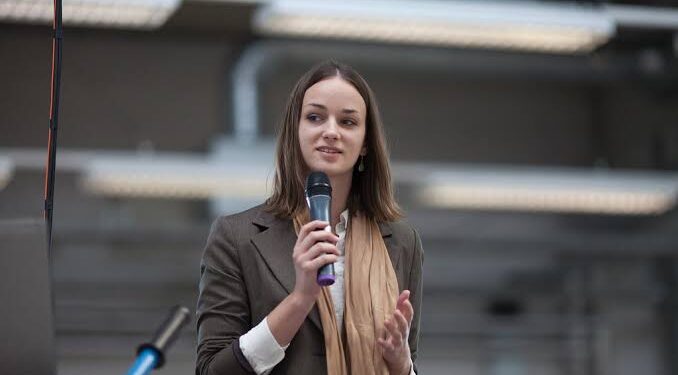In 2021, African startups raised over $4 billion, it also minted five unicorns — Flutterwave’s Series C was $170 million; OPay raised a $400 million Series C; Wave and Andela each picked up $200 million.
Attaining unicorn status — a privately held company with a valuation of $1 billion — is undoubtedly one of the vainest achievements for any startup, yet it remains the most coveted, according to TechCrunch’s African reporter, Tage Kene-Okafor.
Last year’s remarkable performance and positive prospects for 2022 means more good news and big business for high-growth startups. January has already posted a flurry of activity and is a realistic reflection of how the rest of the year might pan out
Towards the end of 2021 Octamile launched from stealth with a 500k pre-seed round with participation from several investors including Kesho VC; a venture capital firm that is investing in African startups. Currently, Kesho VC has Credpal, Waya, myStash, Yemaachi Biotech Ltd, Infiuss Health in its portfolio.
Kesho VC, which had initially begun as a startup is on the outlook for founders with relevant experiences, ideas, traction and the market potential to bud, bloom and blossom in the African continent can pitch their startups.
“We founded Kesho VC to do African startup investments, I have lived in Kampala, Uganda now for over 2 years and it has made the opportunity as well as the challenges more apparent, so it took away some of the fears associated with not knowing how life here looks like, and once you get to know all these brilliant minds you just want to be part of making their success happen”, Agnes Aistleitner, the General Partner at Kesho told cresthub.
She further stated that the VC firm will make more investments in African insurtech, fintech and health tech this year. Read excerpts from our conversation:
Kesho’s portfolio spells out the advocacy for the middle class, how do you intend to achieve that in Africa?
Agnes: It’s more about creating an ecosystem that makes becoming middle class more affordable and staying in the middle class more feasible. The middle class is the economic powerhouse of most countries and it is very vulnerable. Every year people who have recently entered the middle class fall out of it because of for example an unexpected event such as a medical problem that eradicates savings. Tech can strengthen the middle class by lowering costs, friction and making services and products more accessible. That’s sort of the lens we are looking through.
What are your general assessments on venture capital pumped into non-fintech startups and female-led startups, building on previous wins?
Agnes: Female-led startups are globally a minority so it’s not a surprise to see that here too, the ecosystem is younger than in many other parts of the world and the push for female founders already is great, it will grow a much more inclusive mature startup scene. I see that funding will continue to grow as more experienced founders emerge and the ecosystem grows.
We couldn’t end the conversation without asking her about what she thinks about the new Y Combinator $500 standard deal that has been frowned at by some early-stage investors, Aisteitner said “it will probably drive up valuations, which is not necessarily a good thing for the companies themselves as you have to sustain valuation growth and there has to be a certain equity risk adjustment in African ventures as the market is not like the US market and ravelled with more uncertainties and difficulties. But overall I think it’s a good thing. YC companies might end up raising bigger rounds or growing the business more before raising again”.

































